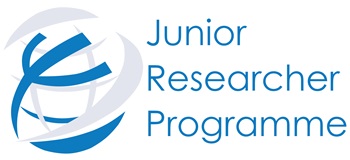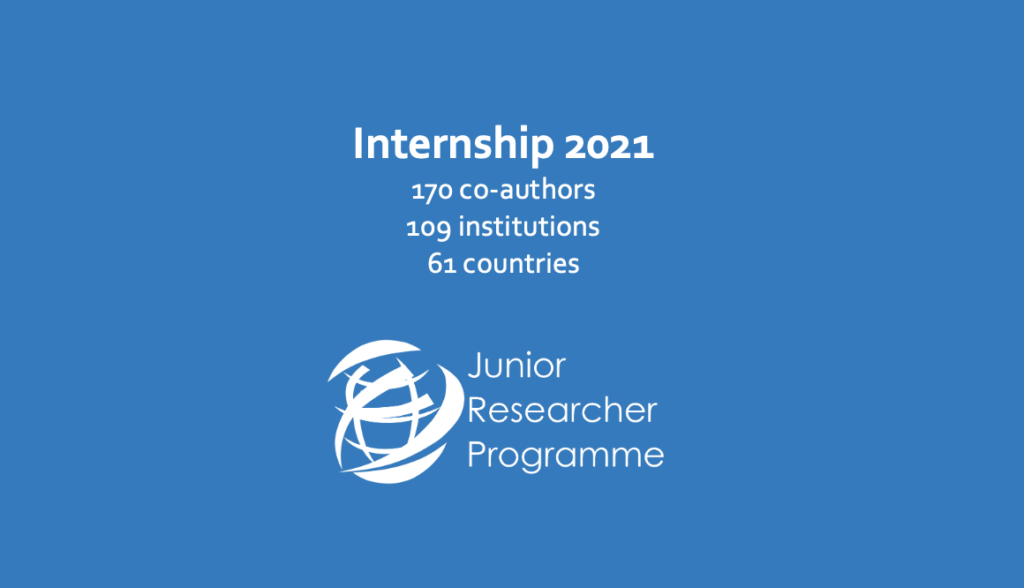After the success of our 2019 replication project and our 2020 replication project, we are proud to announce that the study conducted as part of the 2021 JRP Internship has now been published in the journal Nature Human Behaviour and can be accessed here. The study was led by Dr Kai Ruggeri, JRP’s Executive Director, and involved 170 co-authors representing 109 institutions across 61 countries, including JRP interns, students from the Global Behavioural Science (GLOBES) programme at Columbia University, and additional collaborators. The lead statistician on the project was Dr Eduardo García-Garzón, a member of jCouncil, and the senior methodological expert was Dr Amma Panin.
This study titled “The Globalizability of Temporal Discounting” tested temporal discounting and five different intertemporal choice anomalies in 61 countries with a total of 13,629 participants. Temporal discounting refers to individuals’ tendency to prefer smaller but immediate gains, over larger delayed gains. This study represents a major leap forward in our understanding of the generalisability of temporal discounting in global populations, as it has previously primarily been studied in limited populations and only using narrow measures.
The research carried out found that temporal discounting is present (although with some variability) in all 61 locations. Additionally, the study found that income, economic inequality, financial wealth and inflation demonstrated clear links to an individual’s intertemporal choice patterns. Better financial environments were consistently associated with lower rates of temporal discounting, whereas higher levels of inequality and inflation were associated with higher rates of discounting. As a result, these findings show that anyone facing a negative financial environment is likely to make decisions that prioritise immediate clarity over future uncertainty. These findings have clear policy implications as they challenge assumptions about low-income individuals being fundamentally extreme decision-makers.
We would like to congratulate all the collaborators on the publication of this project and their major contribution to scientific research on temporal discounting.

